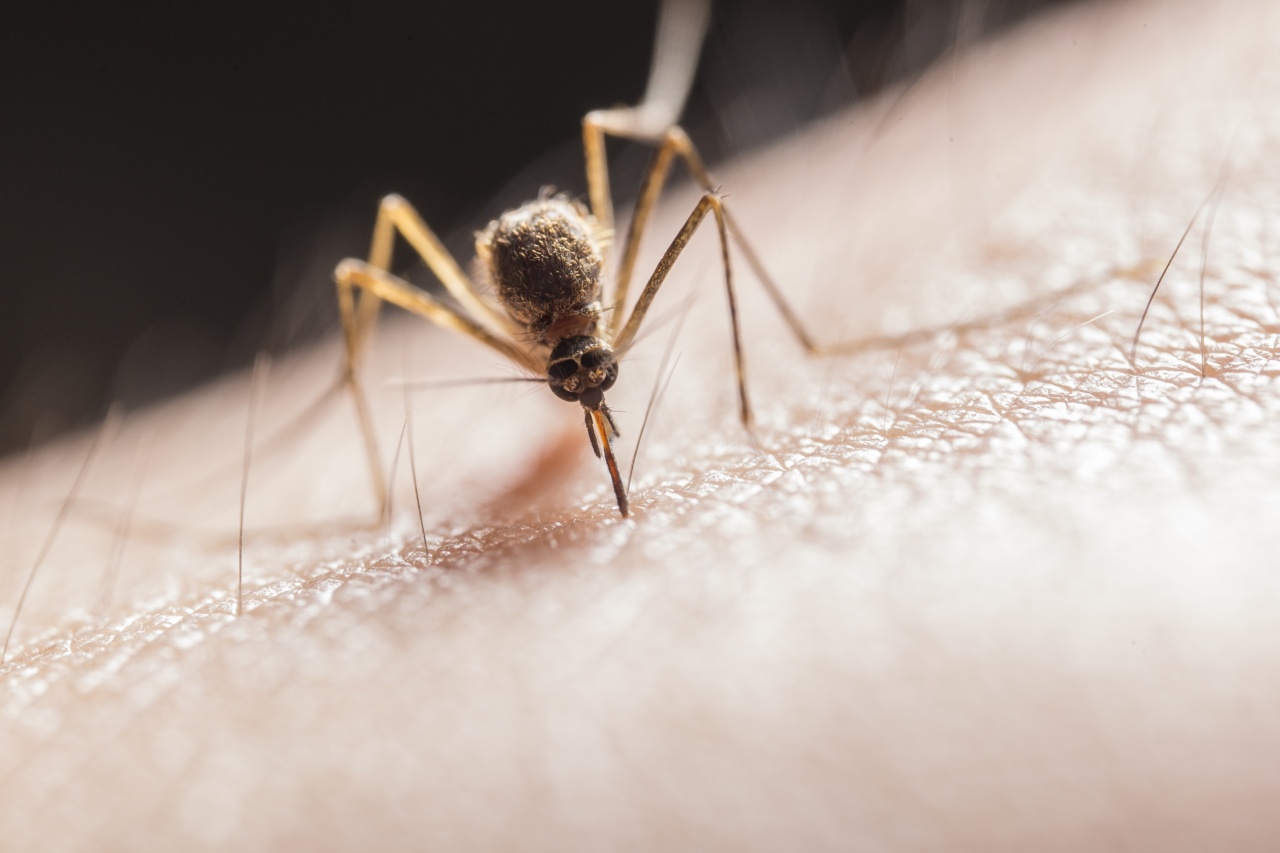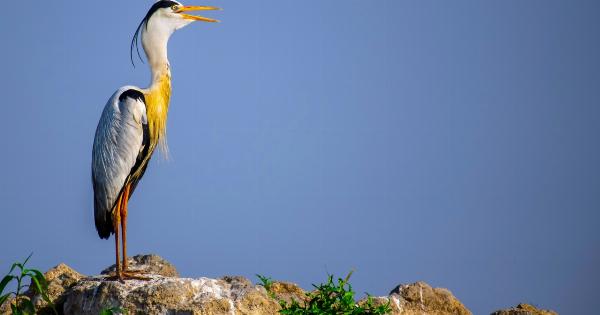Summertime is a season that many people eagerly await, as it brings delightful weather, sunny days, and outdoor activities.
However, along with these pleasures, summertime also marks the return of mosquitoes – those tiny, buzzing insects that seem to take great delight in biting us. Not only are mosquito bites annoying, but they often leave behind itchy welts on our skin. In this article, we will explore the reasons why mosquito bites itch and provide some effective methods for relieving the itchiness.
Understanding Mosquito Bites
Before we delve into the reasons behind the itchiness caused by mosquito bites, let’s understand how they occur. When a female mosquito bites, it uses its tubular mouthpart, known as a proboscis, to pierce the skin.
While doing so, it injects saliva, which contains numerous proteins, into the skin to prevent blood clotting and facilitate the extraction of blood from the underlying vessels.
Our body recognizes these mosquito saliva proteins as foreign substances and mounts an immune response to neutralize them. This triggers the release of histamine and other chemicals in the body, leading to localized inflammation around the bite site.
It is this process that ultimately causes the irritating itchiness we experience.
The Itch-Inducing Factors
The precise reason why mosquito bites itch can be attributed to several factors working in conjunction. Let’s take a closer look at each of these factors:.
1. Histamine Response
As mentioned earlier, when a mosquito bites, our immune system releases histamine as a defensive response. Histamine causes blood vessels near the bite to dilate, allowing white blood cells to reach the affected area to combat the potential threat.
However, histamine is also responsible for triggering itchiness and irritation in our skin.
2. Anticoagulant Proteins
In addition to histamine, the proteins present in mosquito saliva play a significant role in itching. These proteins serve as anticoagulants, preventing our blood from clotting while the mosquito feeds.
Unfortunately, they also trigger an immune response, leading to itchiness and inflammation around the bite site.
3. Inflammatory Response
The localized inflammation resulting from mosquito bites causes the blood vessels in the surrounding area to become leaky.
This allows fluid and immune cells to enter the interstitial space, leading to swelling, redness, and further itchiness in the affected region.
Relieving the Itch
While it is challenging to eliminate the itchiness associated with mosquito bites completely, there are several methods to alleviate the discomfort. Here are some tried and tested remedies:.
1. Cold Compresses
Applying a cold compress to the affected area can provide temporary relief from itching. The cold temperature helps numb the nerve endings, decreasing the sensation of itchiness.
2. Topical Anti-itch Creams
Over-the-counter anti-itch creams and ointments containing ingredients like hydrocortisone, calamine, or menthol can help reduce itching and soothe the skin.
3. Oral Antihistamines
If the itchiness is persistent and widespread, oral antihistamines can provide relief. These medications help in reducing the histamine response in the body, thus alleviating itching and other allergic symptoms.
4. Aloe Vera Gel
The cooling and anti-inflammatory properties of aloe vera make it a popular natural remedy for mosquito bites. Applying pure aloe vera gel to the bite site can provide relief and promote faster healing.
5. Oatmeal Baths
Add colloidal oatmeal to bathwater and soak in it for 15-20 minutes. Oatmeal has anti-inflammatory properties that can help soothe itching and reduce inflammation caused by mosquito bites.
6. Essential Oils
Certain essential oils, such as tea tree oil, lavender oil, or peppermint oil, possess anti-inflammatory and analgesic properties. Dilute a few drops of the oil in a carrier oil, like coconut oil, and apply it gently to the affected area.
7. Honey
Raw honey has natural antibacterial and wound-healing properties. Applying a small amount to a mosquito bite can help reduce itching, prevent infection, and promote faster healing.
8. Avoid Scratching
Although it can be tempting, scratching mosquito bites only worsens the itch and increases the risk of infection. Keep your nails short, and distract yourself from scratching by using a cold compress or engaging in a different activity.
9. Mosquito Repellents
Preventing mosquito bites in the first place is an effective way to avoid itchiness. Use insect repellents containing DEET, picaridin, or lemon eucalyptus oil on exposed skin surfaces to repel mosquitoes.
10. Protective Clothing
Wearing long-sleeved shirts, long pants, and socks can act as a physical barrier between mosquitoes and your skin, reducing the chances of getting bitten.
Say Goodbye to Itchiness
While completely eradicating mosquito bites may be challenging, following the tips mentioned above can significantly minimize the itchiness and discomfort associated with them.
Remember to take proactive measures to prevent mosquito bites in the first place, such as using repellents and wearing appropriate clothing. Enjoy your summer without the incessant urge to scratch those annoying mosquito bites!.




























